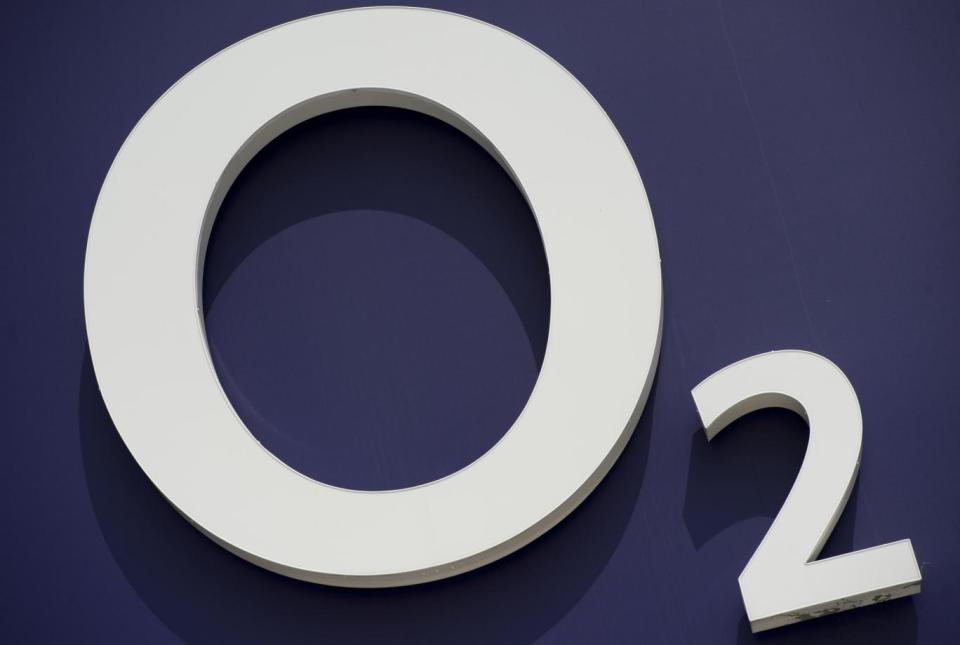London commuters tracked by phone in project to end rush-hour crush

Transport chiefs are tracking people’s movements via their smartphones in a vast research project that aims to end the rush-hour crush.
The “mass movement of the population” is being studied by Transport for London and O2 using “anonymised” phone signals monitoring all transport modes, including walking, catching a bus or Tube and cycling.
It is hoped the results will help “flatten” peak demand as the capital’s population expands to a projected 11.27 million people by 2050.
O2 confirmed it was studying crowd “mobility patterns” through devices, such as smartphones and tablets, connected to its network. It scans “100 million aggregated and anonymised journeys” nationwide each day.

The project, with engineering firms Aecom and Jacobs, aims to keep people moving evenly throughout the day, particularly on trains serving the suburbs and outer London roads.
It will feed into research for a possible future all-in-one e-ticket for multiple transport modes, including cabs, as well as helping firms decide on flexible hours for staff. Mobile data is gathered from people anonymously as they move between network masts. It has previously been revealed that TfL was tracking wifi connection movements on the Tube to help stop crushes.
Speaking at this week’s Big Data London show at Olympia, O2’s analytics director Alastair McMahon said transport models “are now based on things people actually do rather than a theory of what they do, which helps us forward plan for the next 20 or 30 years.
“As our mobility patterns change, this is going to help employers figure out what kind of investment is needed for people to work from home or have flexible working patterns.
“It will also help transport providers offer more flexible tickets and incentivise people to travel outside peak times. In a future data-rich environment, we can travel by Tube, bus, Uber or black cab on one e-ticket or app.
“But the challenge is getting people off peak trains and out of their car as they move out of London to the suburbs and there is more pressure on commuter rail services.”
On privacy concerns, he said: “It’s very, very difficult for someone to look at this data and try to reverse engineer it.”
A TfL spokesman said the data has been “depersonalised, to remove information that could identify people”.
O2 said the only way for someone with a device to opt out of the project was to switch it off. This would mean that a user is “no longer connected to our network so there’s no data to analyse”.

 Yahoo News
Yahoo News 
